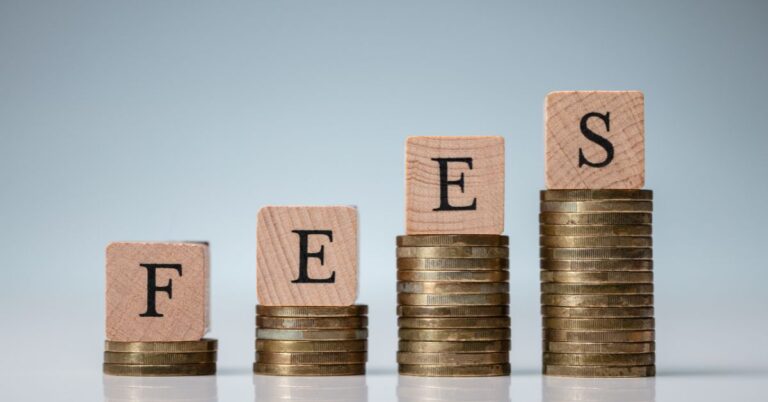Are you at the crossroads of deciding whether to rent or buy your next home? It’s a major life decision, one that can have a profound impact on your finances and overall quality of life. In this article, we’ll break down the pros and cons of renting vs. buying, helping you make the smartest choice for your unique situation. Let’s dive in and explore the factors that matter most when it comes to this important decision.
1. The Financial Considerations
Let’s start by examining the financial aspects of renting vs. buying. When you rent, you have the advantage of predictable monthly expenses. Renters typically don’t have to worry about property taxes, homeowner’s insurance, or maintenance costs. On the other hand, buying a home involves a down payment, closing costs, and ongoing expenses like property taxes and maintenance.
2. Flexibility in Living Arrangements
Renting offers a level of flexibility that buying simply can’t match. With a rental, you can easily relocate when your lease ends without the hassle of selling a property. Buying a home often means committing to a specific location for a more extended period, which may limit your flexibility.
3. The Emotional Connection
Owning a home can provide a sense of stability and pride in homeownership. You have the freedom to personalize your space and make it truly yours. Renting, on the other hand, might not offer the same emotional connection, as you’re living in a space owned by someone else.
4. Investment and Equity
One of the significant advantages of buying is the potential for building equity. Over time, as you pay down your mortgage, your home’s value may appreciate, allowing you to build wealth. Renting, on the other hand, doesn’t offer the same long-term financial benefits.
5. The Maintenance Factor
When you rent, your landlord is typically responsible for property maintenance and repairs. This can be a significant relief when unexpected issues arise. However, homeowners must budget for and handle maintenance themselves, which can be a downside in terms of time and money.
6. Real Estate Market Trends
The real estate market can be unpredictable. Buying in a seller’s market can lead to higher home prices, while buying in a buyer’s market might offer more favorable deals. Understanding current market trends is crucial in making the right choice.
7. The Down Payment Dilemma
One of the most significant hurdles to buying a home is the down payment. Saving up a substantial sum of money can be challenging, especially for first-time buyers. Renting doesn’t require this initial lump sum, making it a more accessible option for many.
8. Renting: Advantages and Disadvantages
Advantages of Renting:
- No long-term commitment
- Minimal responsibility for maintenance
- Predictable monthly expenses
Disadvantages of Renting:
- No equity building
- Limited customization of living space
- No potential for property appreciation
9. Buying: Advantages and Disadvantages
Advantages of Buying:
- Equity building and potential for appreciation
- Complete customization of your home
- Long-term stability
Disadvantages of Buying:
- High upfront costs
- Ongoing maintenance responsibilities
- Market-dependent property value changes
10. Making the Decision
So, how do you make the right decision between renting and buying? It ultimately depends on your financial situation, long-term goals, and personal preferences. Consider your current budget, how long you plan to stay in the area, and whether you value the pride of homeownership. For expert guidance and personalized advice, visit thealexalvarezrealtor.com to explore your options and make an informed choice.
Frequently Asked Questions
Now, let’s address some common questions that can help you further in making your decision.
FAQ 1: Is Renting Always Cheaper?
No, renting is not always cheaper. While it may have lower upfront costs and predictable monthly expenses, it doesn’t offer the long-term financial benefits of homeownership, such as equity building and potential property appreciation.
FAQ 2: How Do I Save for a Down Payment?
Saving for a down payment can be challenging, but it’s essential for buying a home. Create a dedicated savings plan, cut unnecessary expenses, and consider additional income streams to accelerate your savings.
FAQ 3: What About Property Appreciation?
Property appreciation can vary depending on location and market conditions. While it’s not guaranteed, historically, real estate has shown the potential for long-term appreciation.
FAQ 4: Can I Customize My Rental Space?
Customization options in a rental may be limited compared to owning a home. However, many landlords allow minor modifications with permission, so it’s worth discussing with your landlord.
FAQ 5: Is Renting or Buying Better for My Credit Score?
Both renting and buying can impact your credit score positively. Paying rent on time demonstrates financial responsibility, while making mortgage payments can also boost your credit score over time.
In conclusion, the choice between renting and buying a home is a significant decision that requires careful consideration of your financial situation, lifestyle, and long-term goals. There is no one-size-fits-all answer, as both options have their advantages and disadvantages. Evaluate your priorities and consult with financial experts to make the smartest choice for your unique circumstances.




